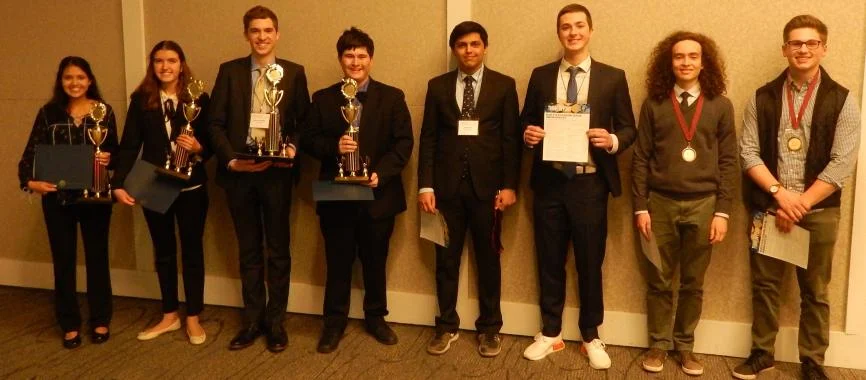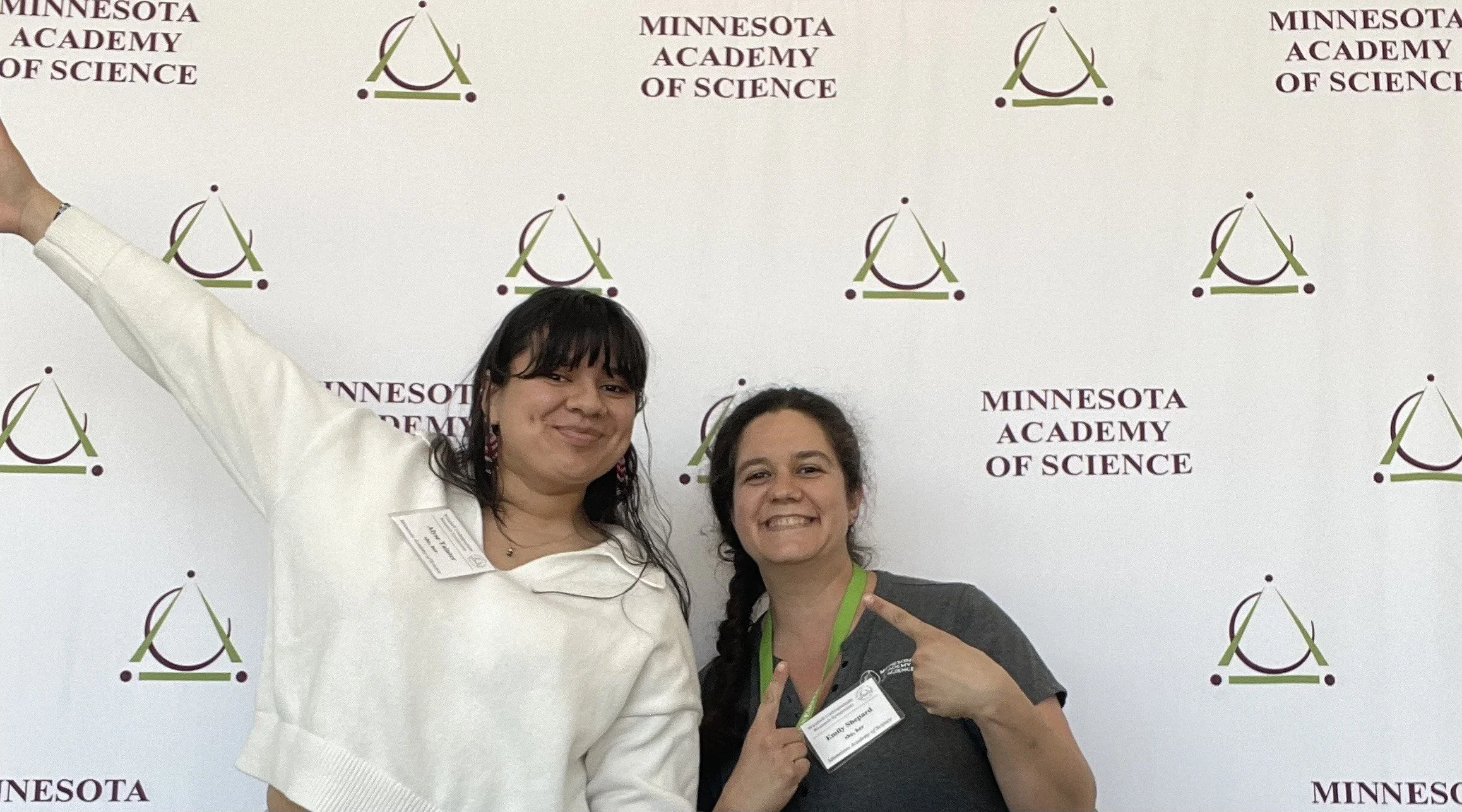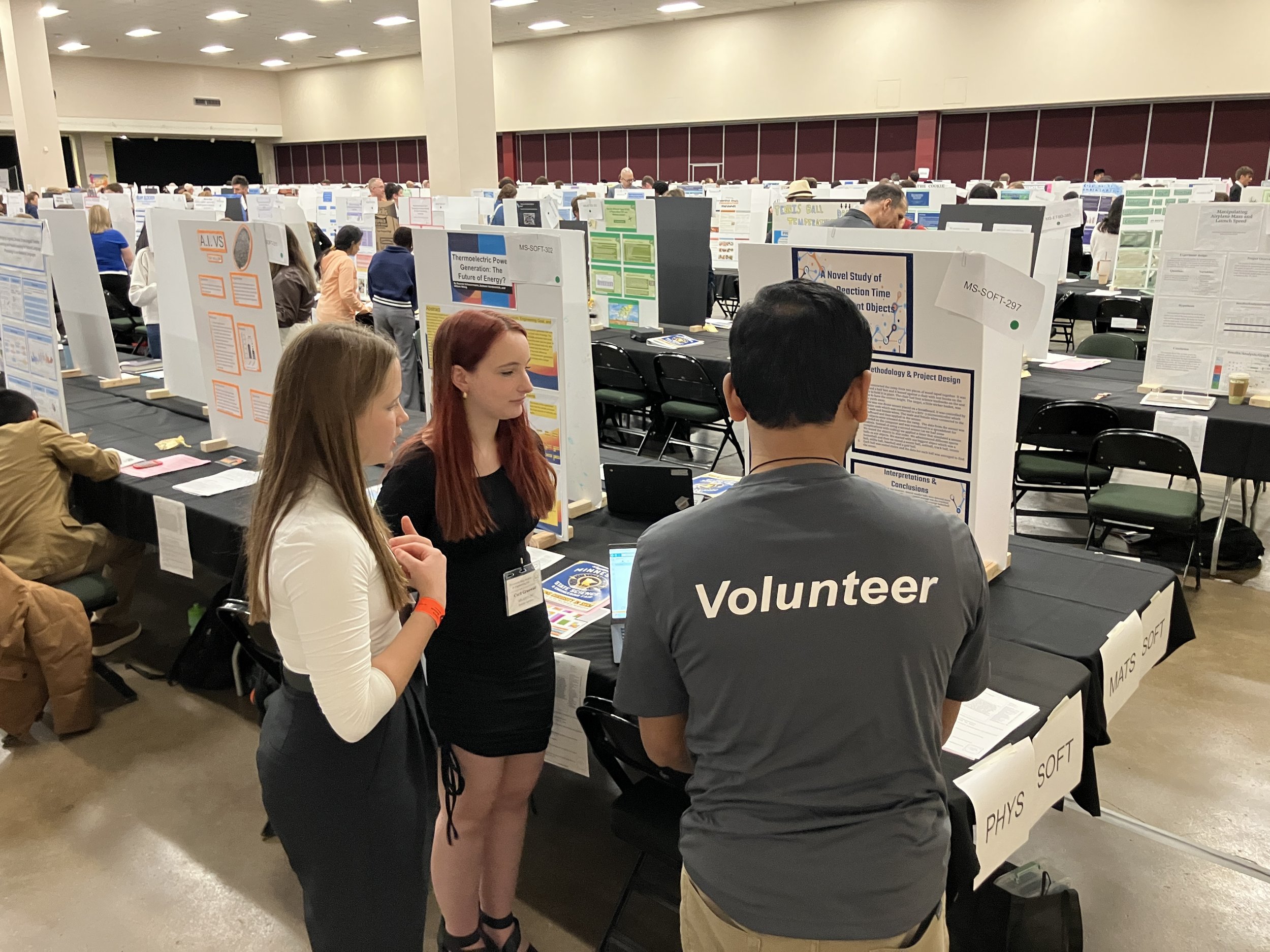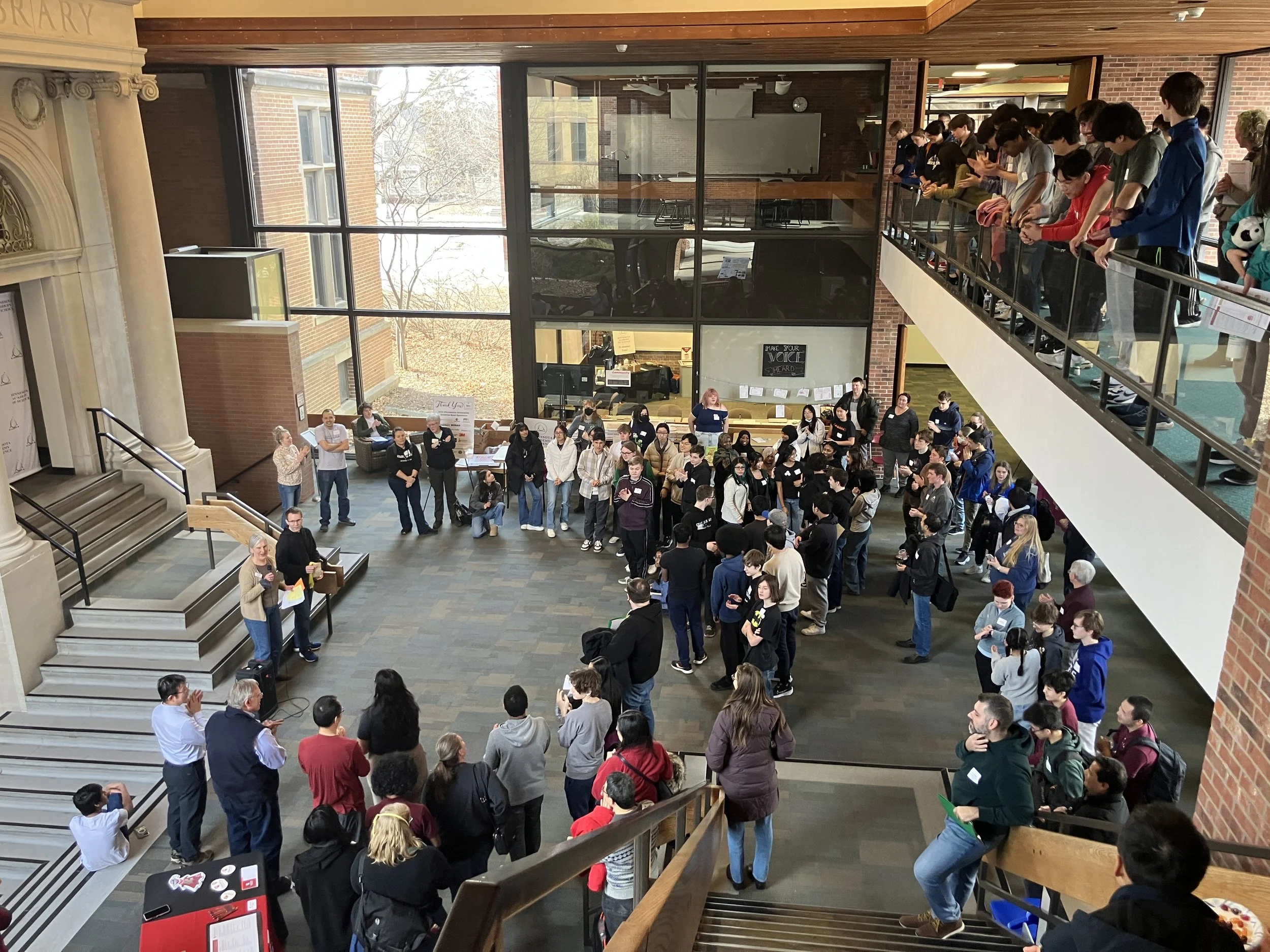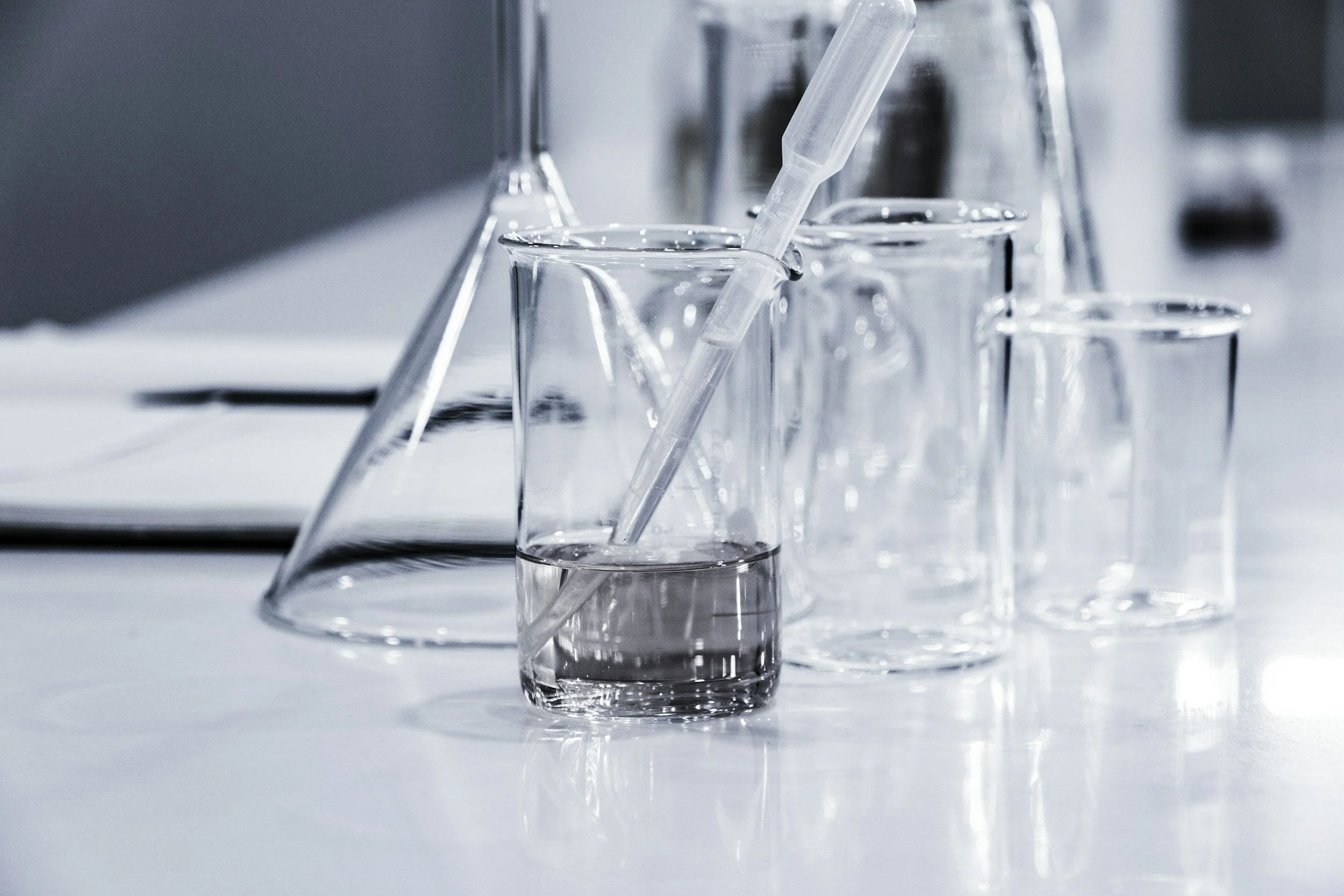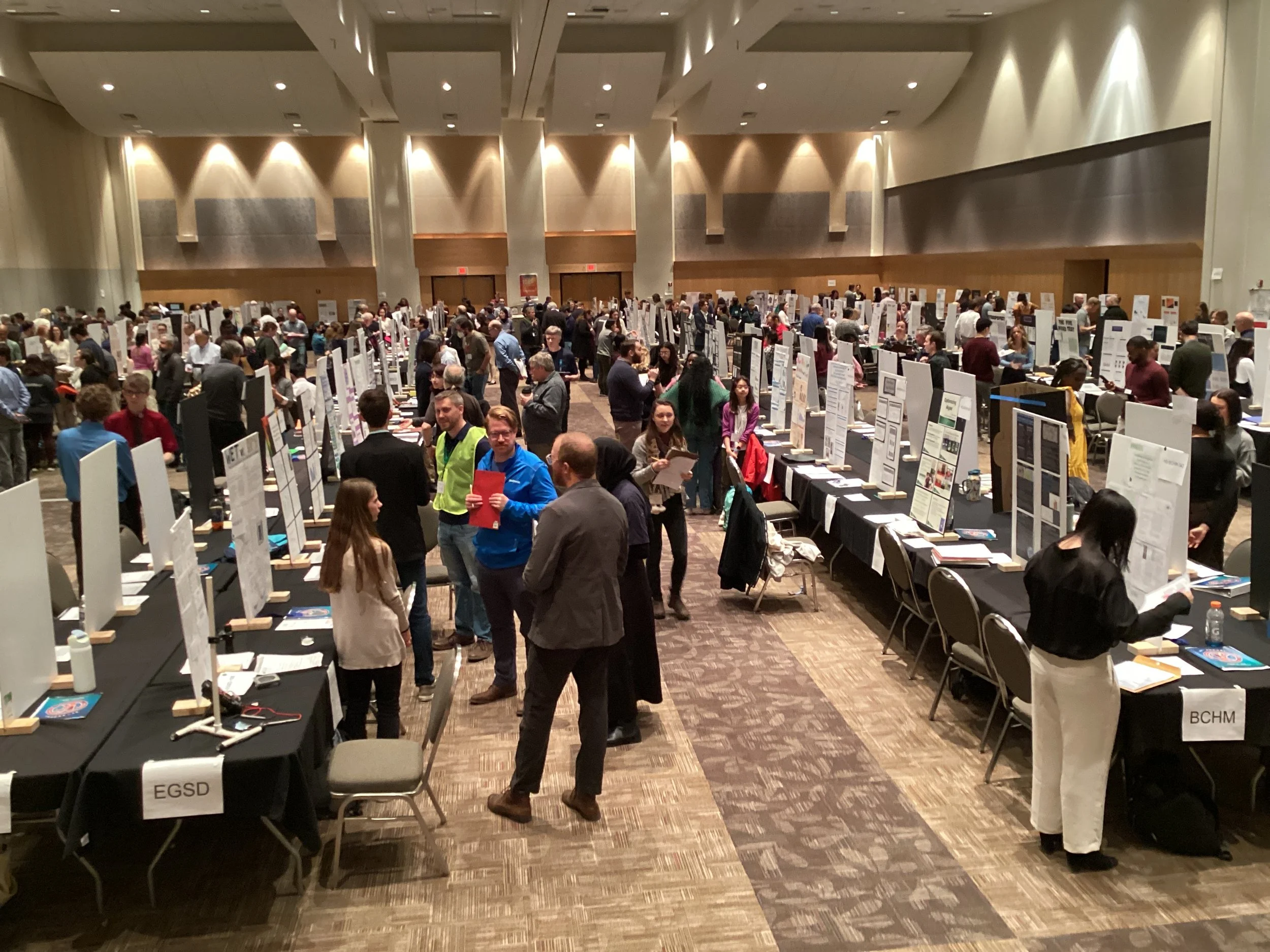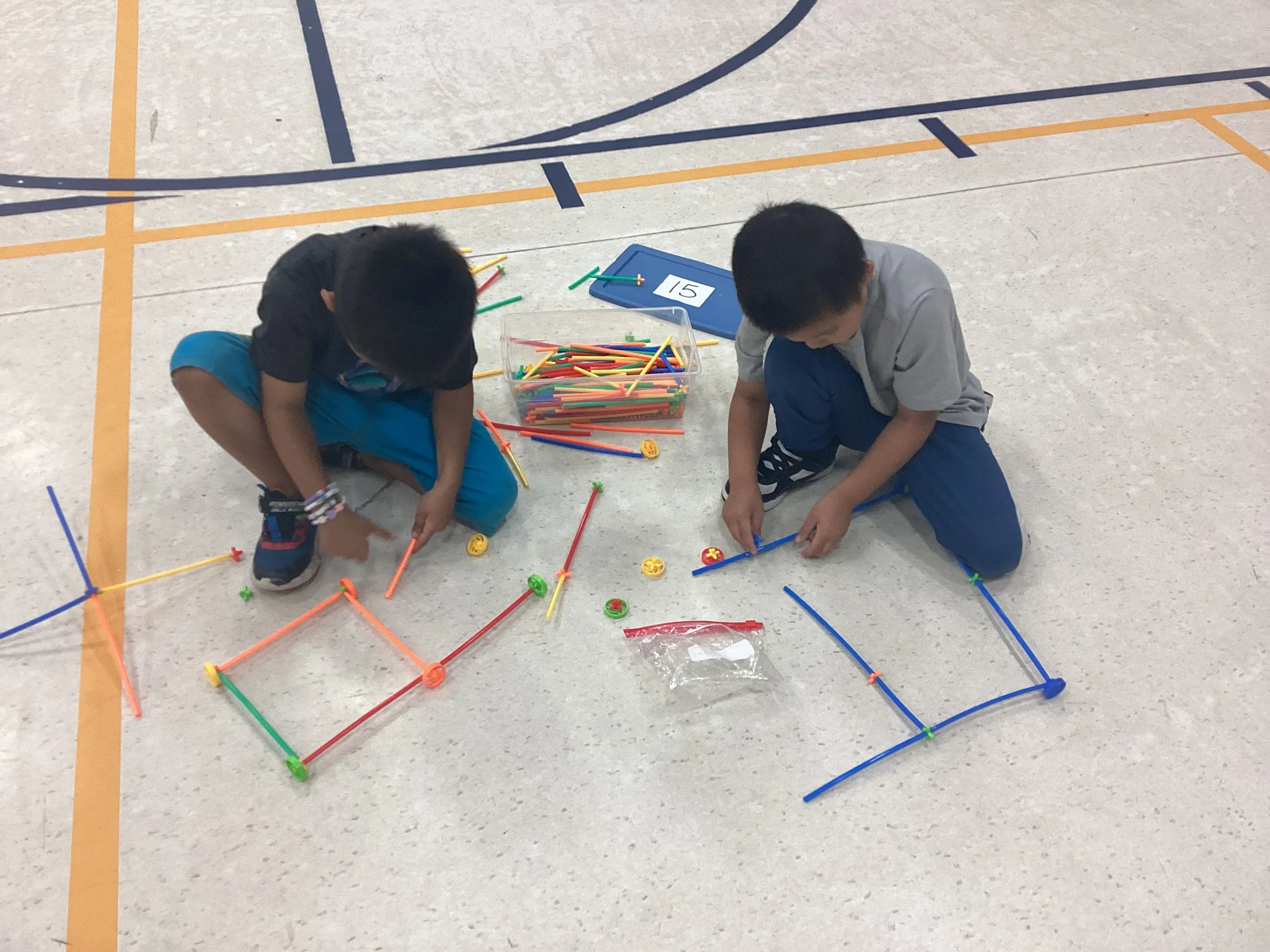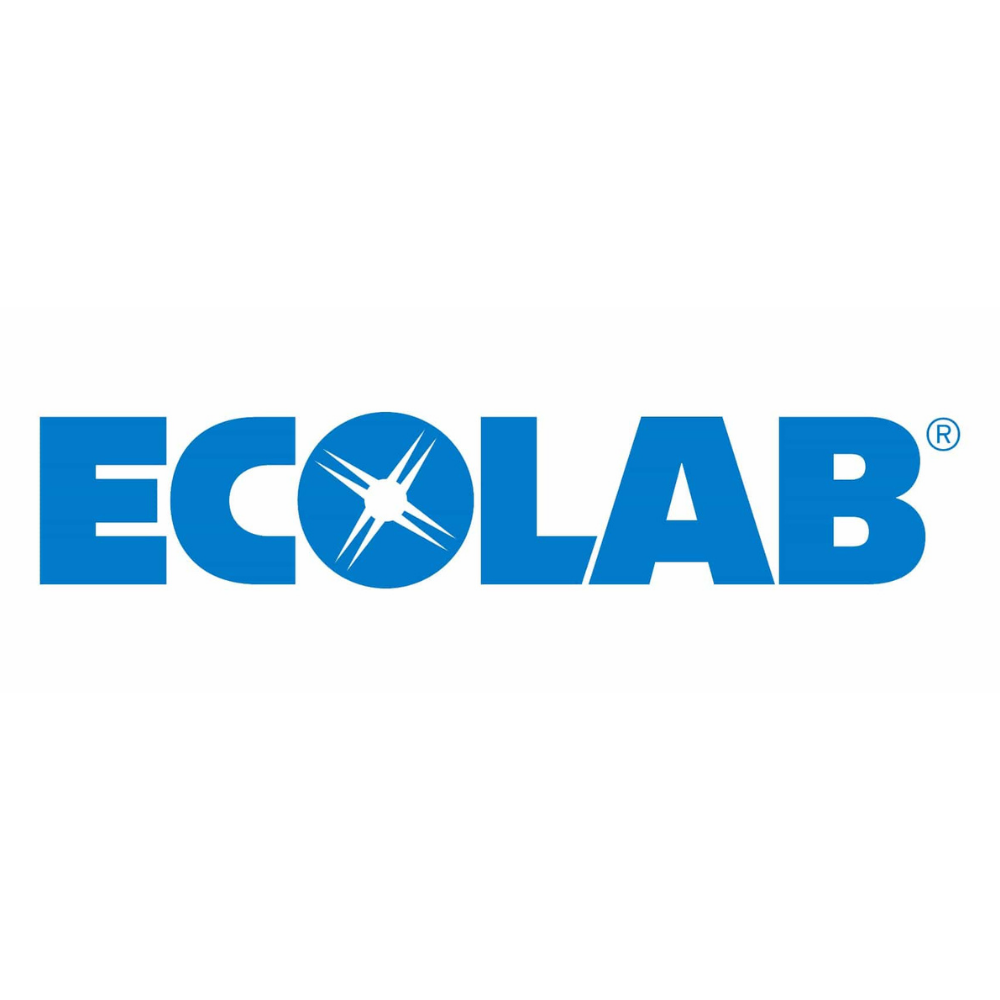MINNESOTA ACADEMY OF SCIENCE
FOR IMMEDIATE RELEASE
Media contacts:
Sara Gomez, Program Director, saragomez@mnmas.org, 612.643.0627
Lara Maupin, Communications, laramaupin@mnmas.org
TOP STEM STUDENTS FROM ACROSS MINNESOTA RECOGNIZED AT STATE SCIENCE FAIR
More than 400 presented original STEM research and competed for prizes and awards
[BROOKLYN CENTER, MN, March 31, 2019] -- More than 400 middle and high school students from across Minnesota came together March 30 - 31 at the Earle Brown Heritage Center to compete in the 82nd Annual State Science & Engineering Fair (SSEF), hosted by the Minnesota Academy of Science (MAS). These students were selected from among 2,500 students in grades 6 - 12 competing at regional science fairs.
Hundreds of science professionals serving as judges provided students with feedback and determined which projects won awards and prizes. This year, 35 companies and organizations, including Seagate, Ecolab, and 3M, awarded cash and prizes totaling over $22,000.
“This year, the judges were really pleased to see the enthusiasm of our first-time participants as well as the dedication of some of our returning high school participants to their research topics,” said SSEF Program Director Sara Gomez. “We’ve seen some students keep working on their research for several years, asking new questions and finding new solutions.” “The middle school projects were universally more impressive this year,” added Bruce Lueddecke, biochemist, SSEF judge, and emcee of the special awards ceremony.
Highlights of the March 31 awards ceremony included:
The Intel International Science & Engineering Fair (ISEF) Award recognizes up to five of the top high school projects. Winning students receive an expense-paid trip to ISEF, the world’s largest pre-college science competition where more than 1,700 students from over 70 countries showcase their research. This year, ISEF will be held in Phoenix, AZ, May 12-17, 2019. The 2019 ISEF Finalists are:
James Clinton and Nathan Rockafellow (Breck School), Field Yield Revealed: Creating a radar-based system for pre-harvest potato yield mapping
Gabriela Queiroz Miranda (Minnetonka High School), Engineering Weighted 3D Printed Vests for Sea Turtles with Bubble Butt Syndrome
Nitya Thakkar (St. Paul Academy and Summit School), Sulforaphane Improves Oxidative Stress Response in Caenorhabditis elegans via SKN-1
Benjamin Yan (Century High School), Multi-Catheter Radioactive Implant Navigation with Artificial Neural Networks for Autonomous High-Dose Rate Brachytherapy Treatment Planning
The Seagate Excellence in Science Mentoring Award spotlights two outstanding science teachers who find creative ways to nurture students’ interest in scientific research and discovery. Shay Motalebi (New Life Academy) and Joanne Michet (Friedell Middle School) each received $1,000 and a Seagate portable hard drive. Their schools will also receive a $1,000 award.
The Seagate Rising Star Award recognizes two emerging student scientists whose projects not only exemplify excellence in their category but also demonstrate high degrees of difficulty, thoroughness, complexity, creativity, innovation, and effective communication. High school student Hemanth Asirvatham (Century High School) received a $2,000 award, trophy, and a Seagate portable hard drive for his research, Externally Delivered Electroportation Targeting Internal Ocular Structures: A Novel Treatment for Glaucoma. Middle school student Joseph Mohr (Jackson County Central Middle School) received a $1,500 award, trophy, and a Seagate portable hard drive for his Automatic Garden Waterer.
Ecolab’s Green Awards of $700 went to high school student Haley Jostes (Stillwater Area High School) for her research on Combating Undernutrition in Developing Countries with a Compact Aeroponics System Utilizing Contaminated Water and middle school student Adithi Rupireddy (Parnassus Preparatory School) for Plant growth in an enriched carbon environment: Success of Trigonella foenum-graecum and Cicer arietinum under elevated CO2.
Ecolab also gave $700 Food Safety Awards to high school student Manashree Padiyath (Woodbury High School) for her project, Thyme and Thyme again! Investigation of synergistic antimicrobial activity of Thymus vulgaris Essential Oil in combination with ‘superfood’ Essential Oils and middle school students Mohammed Omar, Mohamed Hassan, and Aneeq Ahmed (Al-Amal School)for their work, Designing a container that increases the shelf life of food products.
3M recognized the top three most innovative middle and high school projects. The Most Innovative High School Projects were Daniel Fleury (John Marshall High School) First Place ($500) for Deployment of a Scalable Single Shot Detector (SSD) Mobile Architecture for the Localization and Classification of Pneumonia Chest Radiographs; Kelby WIttenberg (St. Paul Academy and Summit School), Second Place ($300); and Kerui Yang (Edina High School), Third Place ($200). The Most Innovative Middle School Projects were Emily Coudron (Loyola Catholic School) for Get The Write Grip,First Place ($500); Paige Jacobson (Robert J. Elkington Middle School), Second Place ($300); and Joseph Mohr (Jackson County Central Middle School),Third Place ($200).
The Land O’Lakes Award for Food Innovation at the high school level went to James Clinton and Nathan Rockafellow(Breck School) for Field Yield Revealed: Creating a radar-based system for pre-harvest potato yield mapping, First Place ($1,000), Lauren Knoll (Park Christian School), (Second Place, $500), and Luke Kottom (Schaeffer Academy), Third Place ($250). At the middle school level awards went to Gajan Dileepan (Murray Middle School) for How does the cleaning of a vegetable affect the amount of bacteria grown?, First Place ($1,000); Audrey Dodge (Stella Maris Academy), Second Place, ($500); and Jaclyn Brouwer (Avail Academy),Third Place ($250).
Beckman Coulter’s High School Science Project Awards were given to George Cai (Wayzata High School) for Drug Discovery for Treating Heart Disease: Validating Compound Screening for Ryanodine Receptor 2, First Place ($350); Dylan Vincent & Roberaa Ayana (Breck School), Second Place ($200); and Luke Kottom (Schaeffer Academy), Third Place ($75). Middle School Science Project Awards went to Amira Sinclair and Romy Peterson (Breck School) for How do the different materials of reusable water bottles affect the growth rate of Bacillus megaterium?, First Place ($350); Jaclyn Brouwer (Avail Academy), Second Place ($200); and Indra Khariwala, Ruhi Kurdikar, and Rahael Achett (Valley View Middle School), Third Place ($75).
Beckman Coulter’s High School Engineering Project Awards were given to Alex Anderson and Nathan Tank (Breck School), First Place ($350); Samuel Leville and Spencer Yueh (Breck School), Second Place ($200); and Abigail Smith (Cloquet Senior High School), Third Place ($75). Middle School Engineering Project Awards went to Omar Elkhateeb(Al-Amal School) for Artificial Pancreas, First Place ($350); Ellak Flannigan-Warren and Noah Winkel (Friedell Middle School);
Second Place ($200); and Elise Dunne (Murray Middle School), Third Place ($75).
